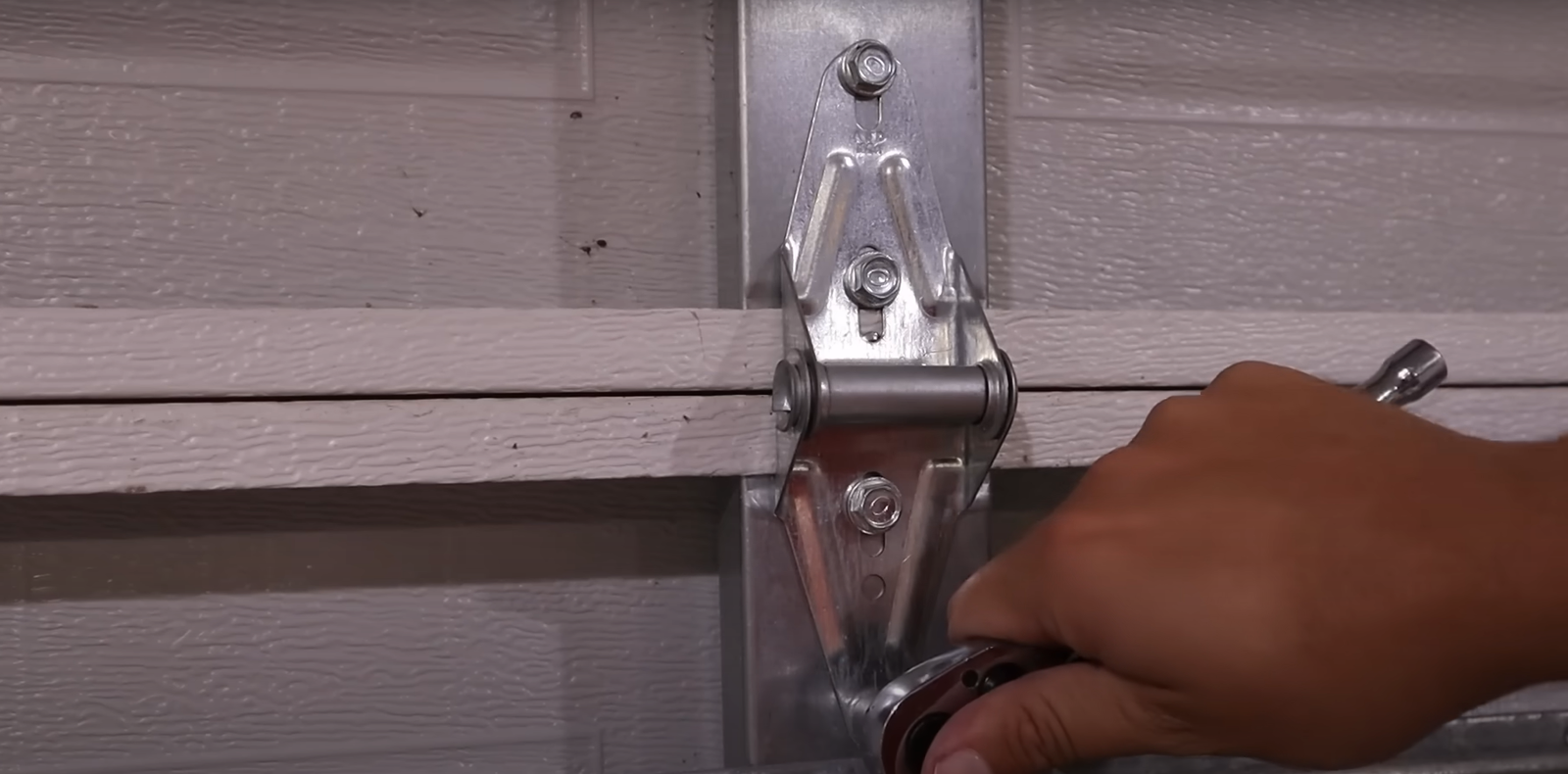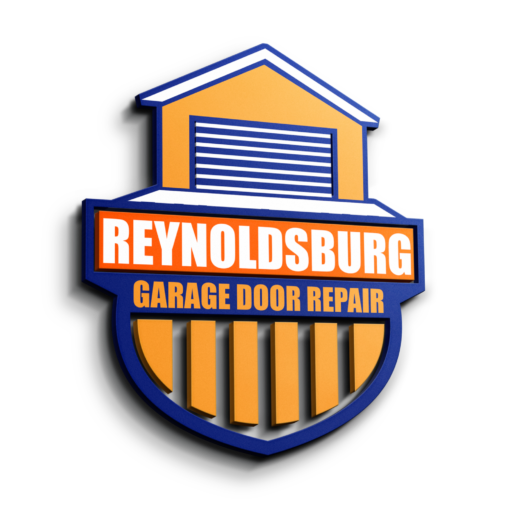- COMMERCIAL GARAGE DOOR REPAIR
- GARAGE DOOR OPENER INSTALLATION
- GARAGE DOOR SPRING REPAIR
- SAME-DAY GARAGE DOOR REPAIR
- CUSTOM GARAGE DOOR
- GARAGE DOOR OPENER REPAIR
- GARAGE DOOR TRACK REPAIR
- GARAGE DOOR CABLE REPAIR
- GARAGE DOOR PANEL REPAIR
- LOCAL GARAGE DOOR REPAIR
- GARAGE DOOR REPLACEMENT
- NOISY GARAGE DOOR FIX
- GATE REPAIR
- GARAGE DOOR INSTALLATION
- GARAGE DOOR SECTION REPLACEMENT
- OVERHEAD GARAGE DOOR REPAIR

Noisy Garage Door Fix
A noisy garage door is more than just an inconvenience—it can disrupt your household and even annoy your neighbors. Grinding, squealing, or rattling noises often indicate underlying issues within the door’s mechanism. Ignoring these signs could lead to more significant problems and costly repairs in the future. The good news? We’re here to help you identify the causes and solutions to restore peace and quiet to your garage.
Common Causes of a Noisy Garage Door
Understanding what’s causing the noise is the first step toward resolving it. Here are the most frequent culprits behind a noisy garage door:
- Worn-Out Rollers: Rollers facilitate smooth movement, but over time they can deteriorate, creating grinding or screeching sounds.
- Loose Hardware: Vibrations from regular use can loosen bolts, screws, and nuts, leading to persistent rattling.
- Unbalanced Door: A misaligned door places extra strain on the system, often resulting in grinding or groaning noises.
- Lack of Lubrication: Dry moving parts can generate loud squeals due to increased friction.
- Aging Springs or Hinges: Over time, springs and hinges lose flexibility, causing creaking or snapping sounds.
If you notice any of these issues, addressing them promptly can prevent further damage and expensive repairs down the line.
DIY Fixes to Quiet Your Garage Door
While some repairs call for professional expertise, many noise-related issues can be resolved with simple do-it-yourself solutions. Here’s what you can try:
- Tighten Loose Hardware
Inspect bolts, screws, and nuts for signs of looseness. Use a wrench to tighten them but be cautious not to overtighten, as this could cause additional strain.
- Lubricate Moving Parts
Apply a high-quality garage door lubricant to the rollers, hinges, springs, and tracks. Avoid WD-40—it’s a cleaner, not a long-term lubricant.
- Replace Worn-Out Rollers
Damaged or old rollers can be swapped out for nylon rollers, which are quieter and more durable than traditional metal ones.
- Realign Door Tracks
Check the tracks for gaps or misalignment. Use small, careful adjustments to re-center them, but leave major realignments to professionals.
- Inspect Springs and Hinges
Look for signs of wear, like cracks or rust. If springs or hinges appear damaged, it’s best to call a professional to safely replace them.
Safety Tip: Garage doors are under high tension and can be dangerous to repair. If you’re unsure about any step, consult an expert to avoid injury or further damage.
When to Call a Professional for Noisy Garage Door Repairs
While DIY fixes work for minor issues, larger or more complex problems require professional expertise. Here’s why hiring a technician can be a smart decision:
- Safety Assurance: Professionals have the training and tools to address repairs safely and identify hidden issues others might miss.
- Save Time and Money: Technicians tackle the root cause of the problem the first time, avoiding trial-and-error mistakes.
- Expert Solutions: Equipped with advanced tools and industry know-how, professionals ensure fast, efficient repairs.
- Prolong Your Door’s Lifespan: Regular maintenance by an expert improves functionality and extends the life of your garage door.
If your garage door is making noise, don’t wait for the issue to escalate. Contact Reynoldsburg Garage Door Repair today for expert solutions. Let us help you enjoy a quieter, smoother garage door in no time!
